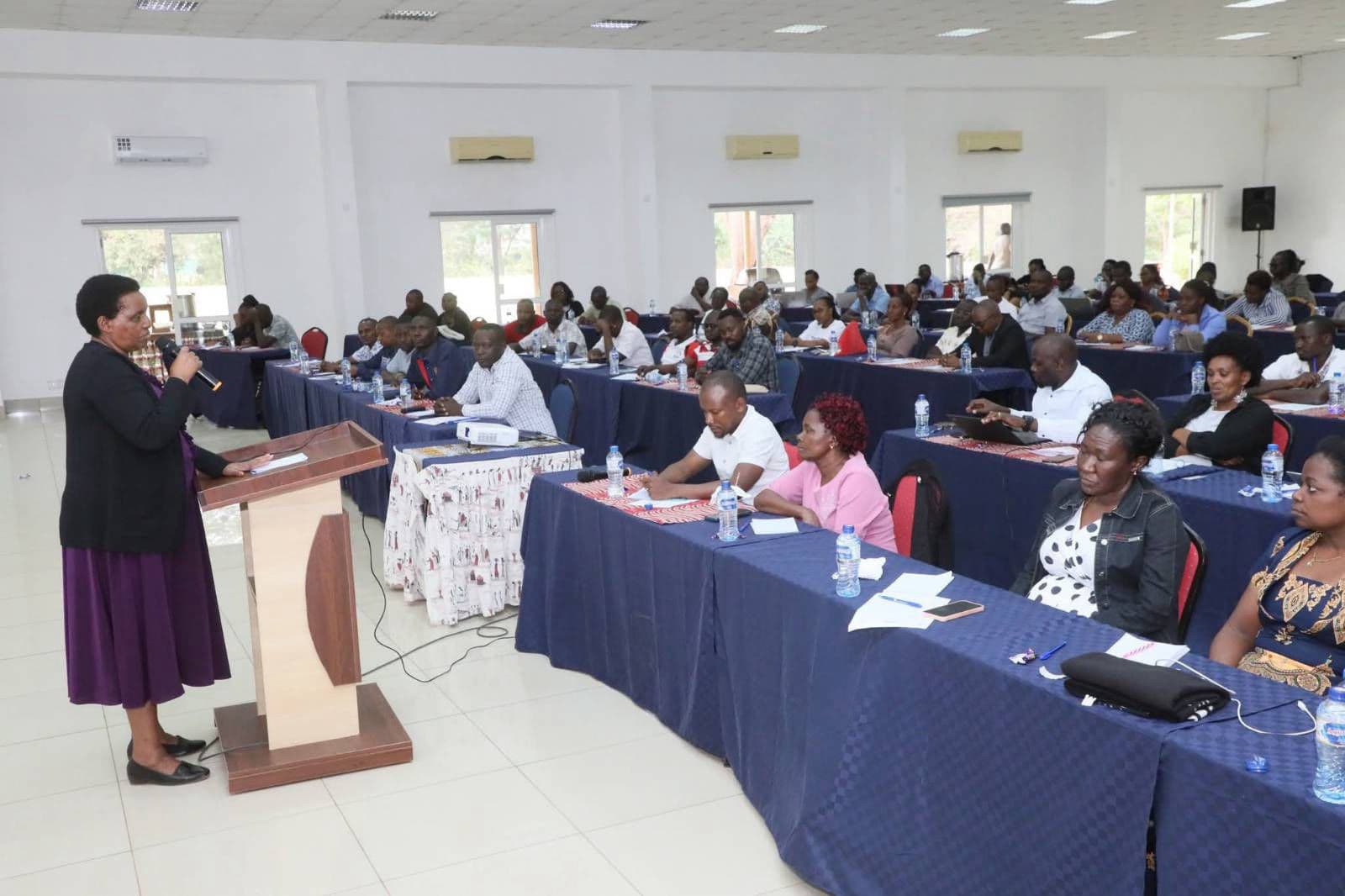We're loading the full news article for you. This includes the article content, images, author information, and related articles.
A key parliamentary committee has withdrawn its earlier opposition to a proposed legal amendment that will compel county assembly members (MCAs) and their employers to remit National Social Security Fund (NSSF) Tier II contributions

Nairobi, Kenya – August 6, 2025
A key parliamentary committee has withdrawn its earlier opposition to a proposed legal amendment that will compel county assembly members (MCAs) and their employers to remit National Social Security Fund (NSSF) Tier II contributions, aligning them with national pension reforms under the 2013 NSSF Act.
The National Assembly’s Labour Committee on Tuesday endorsed changes to the County Governments Act, allowing for mandatory deduction and remittance of higher pension contributions by counties for their MCAs and employees.
The move follows months of legal uncertainty and pushback from some MCAs and county executives, who had argued that the Tier II deductions — which apply to earnings above the statutory wage ceiling — would place an unsustainable burden on county budgets.
Under the NSSF (Act No. 45 of 2013), pension contributions are divided into Tier I (basic) and Tier II (additional, based on higher earnings). While Tier I is universal, Tier II contributions have been implemented in phases and previously applied mainly to formal private and public sector employees.
The new provision seeks to extend Tier II obligations to county government staff, including elected MCAs and county assembly workers, in line with a court ruling upholding the NSSF Act’s full implementation starting 2024.
This means that both the employee and employer will contribute a percentage of gross earnings beyond the Tier I cap — significantly increasing pension savings but also raising payroll costs.
The Labour Committee, chaired by MP Eric Muchangi (Runyenjes), initially expressed reservations about imposing Tier II obligations on MCAs, noting the potential impact on county wage bills and political fallout.
However, in the final report tabled in Parliament, the committee reversed its stance, stating that “constitutional equity and uniformity in pension policy outweigh localized fiscal concerns.”
The Council of Governors (CoG) has since issued a circular advising counties to begin administrative preparations to comply with the new pension deduction model beginning in the 2025/26 financial year.
Pension and labour law analysts say the decision will enhance retirement security for MCAs, many of whom have served without a consistent pension framework and often leave office without long-term financial support.
“This is a step toward harmonizing public pension obligations and ensuring MCAs are not treated as second-tier workers within government,” said Beatrice Mbatha, a labour rights attorney.
However, Mbatha also cautioned that counties must budget carefully to avoid arrears and disruptions in service delivery due to increased payroll obligations.
The move is part of a wider shift by the National Treasury and the Retirement Benefits Authority (RBA) to expand formal retirement coverage and address pension inequalities across all tiers of government. Similar reforms are being proposed for ward administrators, casual county workers, and contractual public staff.
With this endorsement, the Bill is now headed for second reading and debate in the National Assembly before it can be enacted.
Keep the conversation in one place—threads here stay linked to the story and in the forums.
Sign in to start a discussion
Start a conversation about this story and keep it linked here.
Other hot threads
E-sports and Gaming Community in Kenya
Active 9 months ago
The Role of Technology in Modern Agriculture (AgriTech)
Active 9 months ago
Popular Recreational Activities Across Counties
Active 9 months ago
Investing in Youth Sports Development Programs
Active 9 months ago
Key figures and persons of interest featured in this article